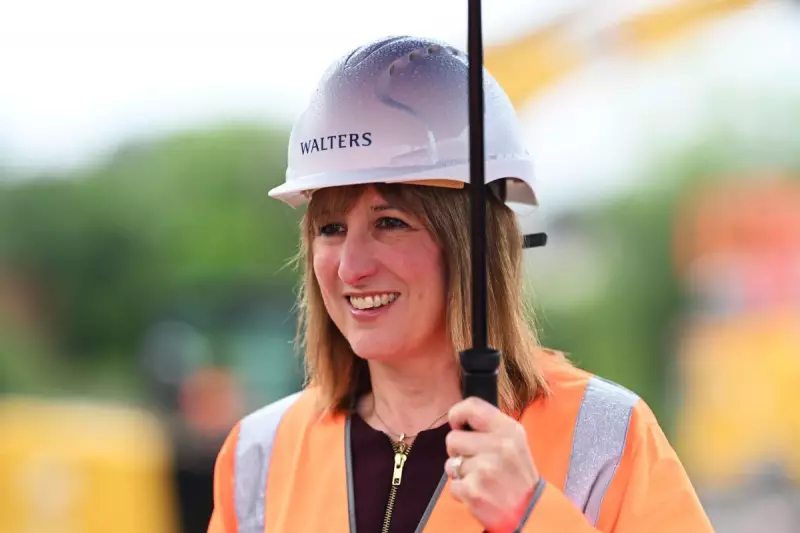
Chancellor Rachel Reeves finds herself walking an economic tightrope, attempting to maintain market confidence while her political future hangs in the balance. The former Bank of England economist turned politician faces her most significant test yet as economic headwinds gather strength.
The Promise Versus The Reality
When Rachel Reeves entered the Treasury, she brought with her a reputation for economic competence and a pledge to deliver sustainable growth. However, the harsh realities of governing have begun to overshadow initial optimism. Economic indicators remain stubbornly resistant to quick fixes, leaving the Chancellor with limited room for manoeuvre.
The upcoming Autumn Statement looms large, presenting both an opportunity and a potential pitfall. Markets will be watching closely for signs of fiscal discipline, while Labour backbenchers demand evidence of progress toward manifesto commitments.
Political Pressures Mount
Behind the scenes, concerns are growing about Reeves's ability to navigate the complex political landscape. Several factors contribute to this unease:
- Slower-than-expected economic growth
- Pressure from within her own party for more radical policies
- The challenge of managing expectations versus deliverable outcomes
- Increasing scrutiny from both media and opposition parties
The Westminster Whisper Network
Political insiders suggest that Reeves's position may be more vulnerable than publicly acknowledged. While no direct challenge appears imminent, there's growing discussion about whether alternative candidates might emerge should economic fortunes fail to improve.
The Chancellor's technocratic approach, once seen as an asset, now faces questions about whether it provides sufficient political armour against coming storms. With difficult decisions ahead on taxation and spending, Reeves must balance economic orthodoxy with political survival.
What remains clear is that the next few months will prove decisive—not just for the UK economy, but for the Chancellor's own career trajectory. The woman who promised economic stability must now secure her own political future.





